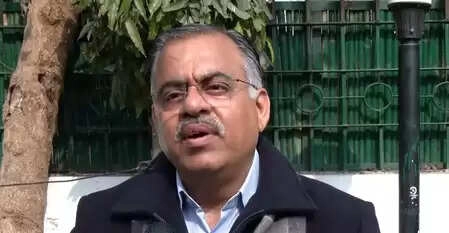In a recent statement, former Union Minister P. Chidambaram expressed his views on the Goods and Services Tax (GST) reforms, indicating a mix of welcome acknowledgment and critical observation regarding the timing of these changes. Chidambaram, who has been a pivotal figure in India’s economic policy discussions, underscored that while the reforms are indeed positive steps forward, they arrive too late to address the pressing challenges that the economy currently faces. His remarks highlight a recurring theme in economic policy debates: the necessity of timely interventions in response to evolving market dynamics.
The GST, introduced with the aim of simplifying the tax structure and enhancing compliance, has had a tumultuous journey since its inception. Chidambaram pointed out that the original intent behind the GST was to create a seamless tax framework that would bolster economic growth and increase revenue collection. However, the complexities and operational challenges that emerged post-implementation have often hindered these objectives. By acknowledging the reforms, Chidambaram appears to recognize the government’s efforts to rectify past mistakes, yet he remains critical of the delays that have characterized the reform process.
Moreover, the former finance minister emphasized that for reforms to be genuinely effective, they must be implemented in a timely manner, especially in a rapidly changing economic landscape. He argued that the current economic situation, compounded by external factors such as global inflation and supply chain disruptions, necessitates swift and decisive action. The late arrival of these reforms may not only limit their potential impact but also diminish public confidence in the government’s ability to manage economic challenges effectively.
In conclusion, Chidambaram’s remarks serve as a poignant reminder of the importance of agility in economic policymaking. While reforms are essential for progress, their effectiveness hinges on timely implementation and a proactive approach to emerging economic issues. As India navigates its path towards sustainable growth, the lessons learned from the GST experience could provide valuable insights for future policy initiatives aimed at enhancing the country’s economic resilience.




